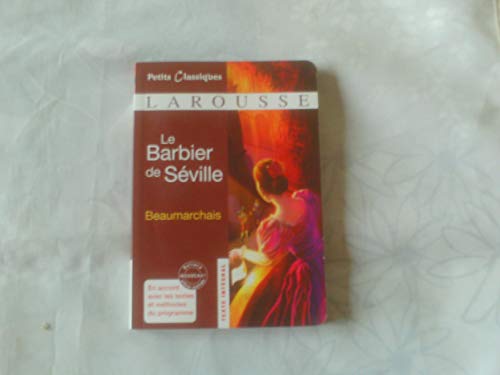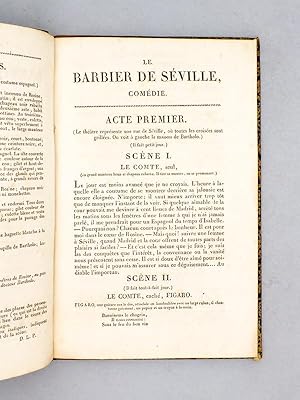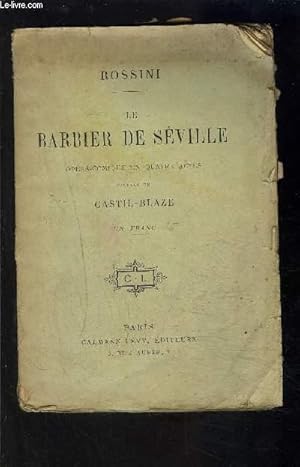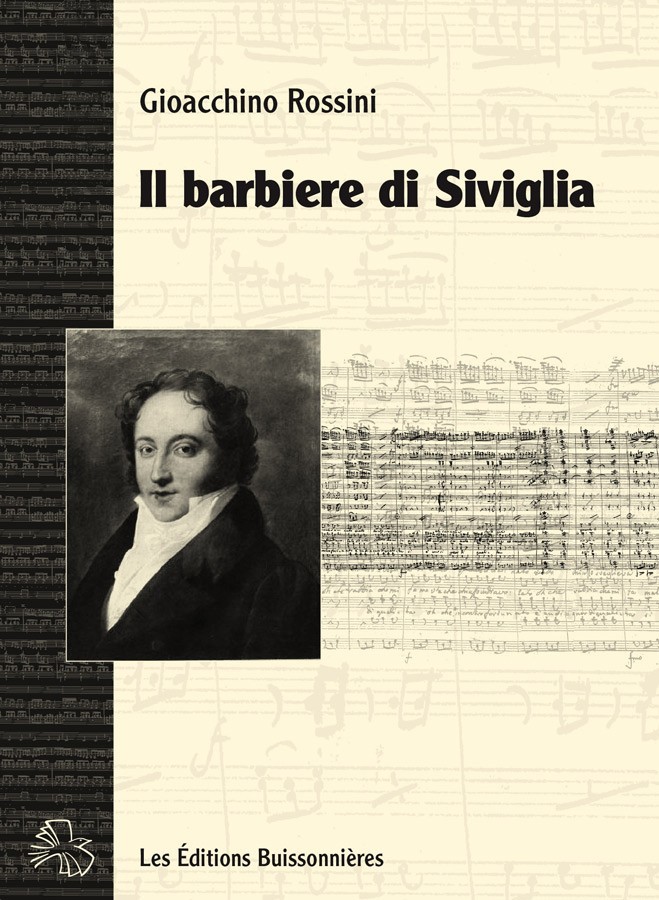
Beaumarchais oversaw covert aid from the French and Spanish governments to supply arms and financial assistance to the rebels in the years before France's formal entry into the war in 1778. He made a number of important business and social contacts, played various roles as a diplomat and spy, and had earned a considerable fortune before a series of costly court battles jeopardized his reputation.Īn early French supporter of American independence, Beaumarchais lobbied the French government on behalf of the American rebels during the American War of Independence. His works include: The Barber of Seville or, The Useless Precaution (1773) and The Follies of a Day or, The Marriage of Figaro (1778).Le Barbier de Séville, Le Mariage de Figaro, La Mère coupableīorn a Parisian watchmaker's son, Beaumarchais rose in French society and became influential in the court of Louis XV as an inventor and music teacher.

His Figaro plays are indicative of the change in social attitudes before, during, and after the French Revolution. While the venture proved a financial failure, Beaumarchais was instrumental in preserving many of Voltaire's later works which otherwise might have been lost. Shortly after Voltaire's death in 1778, he set out to publish Voltaire's complete works, many of which were banned in France. Louis XVI, who did not want to break openly with England, allowed him to found a commercial enterprise, Roderigue Hortalez and Co., supported by the French and Spanish crowns, whose real purpose was to supply the American rebels with weapons, munitions, clothes, and provisions. Beaumarchais is well remembered for his essential support for the American Revolution.


He was best known, however, for his theatrical works, especially the three Figaro plays.

Pierre-Augustin Caron de Beaumarchais (1732-1799) was a watch-maker, inventor, musician, politician, fugitive, spy, publisher, arms-dealer, and revolutionary (both French and American).


 0 kommentar(er)
0 kommentar(er)
